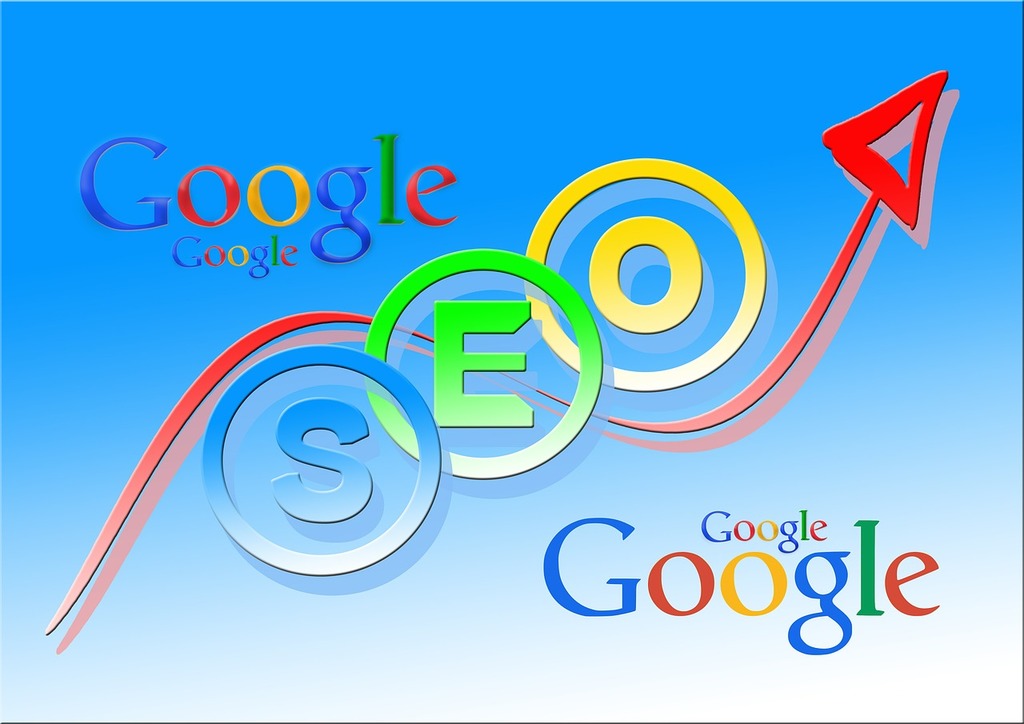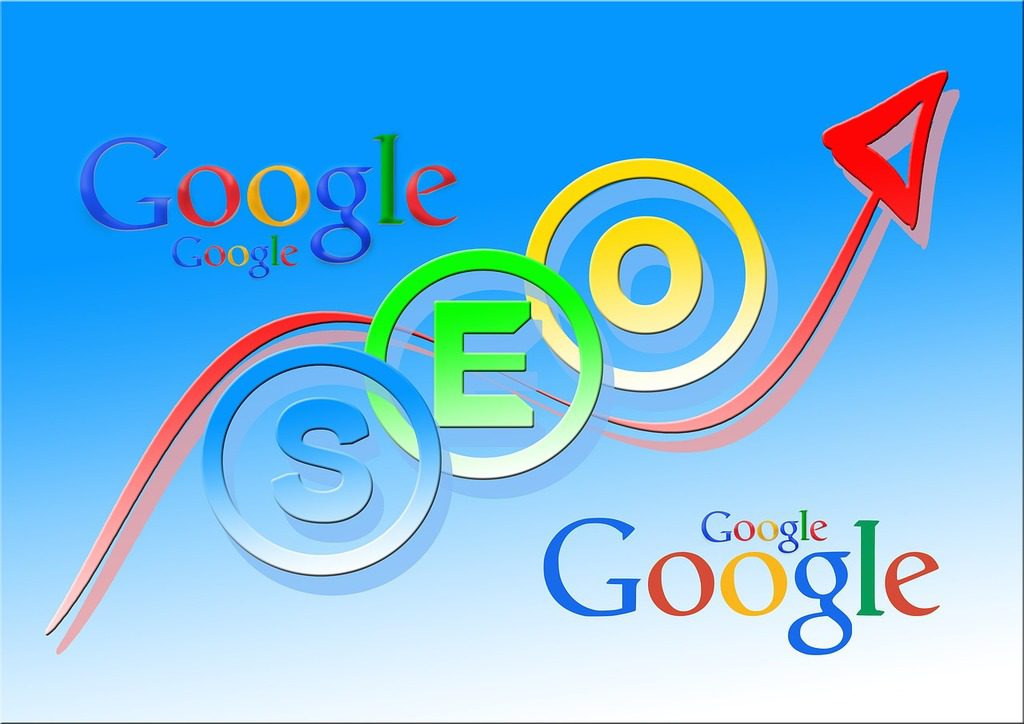
On-page optimisation, also known as On-page SEO, is an SEO technique which webmasters can use to increase the visibility and readability of their pages to humans and search engines alike. Proper optimisation of pages will contribute to the improvement in search rankings.

Adhering to search engine recommendations can help websites rank higher. Image courtesy of Picryl
Notable elements of on-page optimisation
• Keywords
Keywords and semantically-related terms help search engines identify the theme of a particular page and associate it with search queries. Keyword accuracy is important for relevancy. However, the extreme density of keywords could degrade search rankings.
• Meta tags
Meta tags are HTML attributes which helps search engines to classify web properties. These attributes can also be used to instruct crawlers to bypass specific pages.
• Content
Well-written and engaging content with suitable rich media attachments with proper use of keywords heavily influences search ranking. However, duplicate or spun content with poor sentence structure and grammatical errors can negatively affect ranking.
• Page load
Poorly optimised page with slow loading time (usually exceeding three seconds) will be penalised by search engines as they reflect poor user experience. Data from Google shows that fast loading sites had up to 70% longer sessions, as well as lower bounce rates. As such, developers and webmasters are advised to optimise all elements on the website, particularly images and codes. The use of CDN to serve images is a very good way to reduce the size of webpages.
• Page architecture
Search engines place a premium on user experience. As such, webpages should have easy and convenient access to navigation for visitors. Websites should also have a sitemap to enable robots to efficiently crawl through the site without any duplicate inspections. Search engines also advise against using AJAX applications as crawlers have trouble reading them.
Webmaster should consider using external auditing software to evaluate the structure, code, load times and keyword density of their website. The result of the audit can help to further improve the efficiency of websites.
To conclude, keep things high quality and natural. Don’t be tempted by promises of over-night rankings and start with an SEO agency who follows Google’s guidelines.